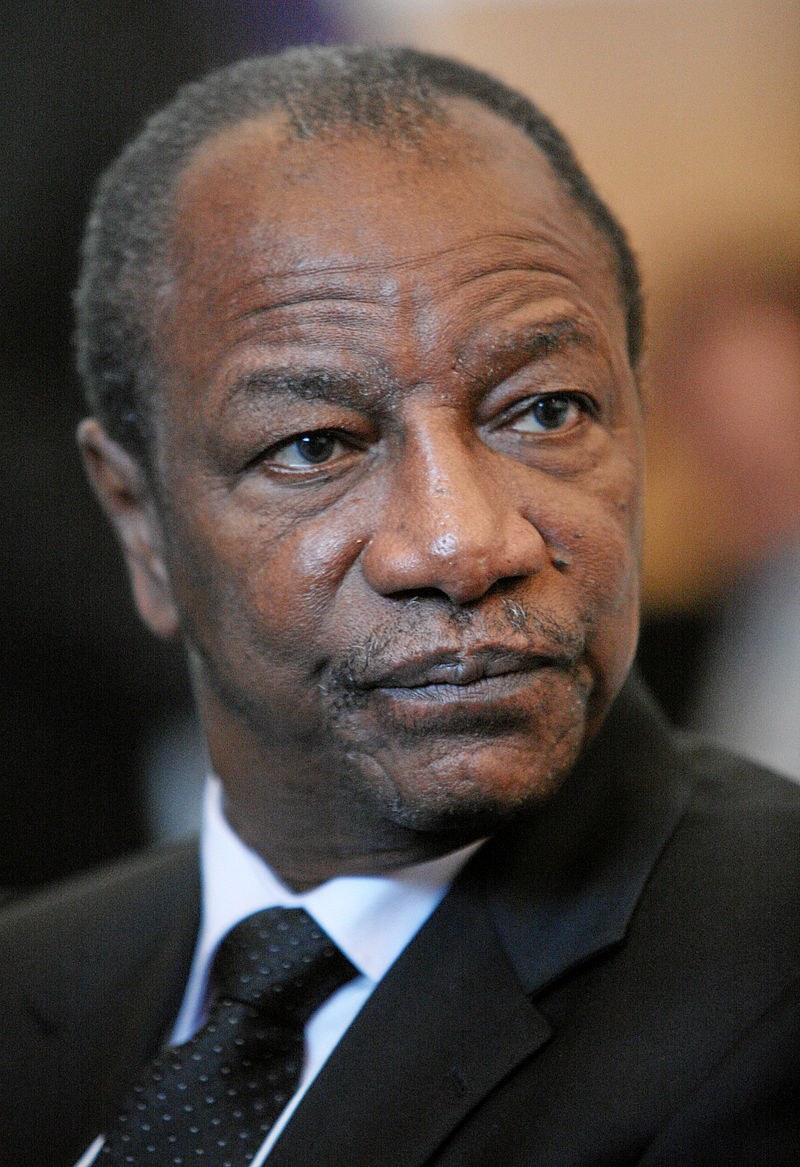By Haruna Gimba
The World Bank has approved $55 million in funding to improve the health of women and children in Kindia and Kankan, two of Guinea’s poorest regions.
The Guinea Health Service and Capacity Strengthening Project will help improve the Government of Guinea’s capacity to sustainably finance and plan for the health of its people. In particular, women and children, especially pregnant women and children under-five, who depend on primary health services at the community level, health centers, and district hospitals will benefit from the project.
“The regions of Kankan and Kindia have a particularly large financing gap for reproductive, maternal, newborn and child health, and the investments of the Bank through this project would help reduce this gap significantly,” said Rachidi Radji, World Bank Country Manager for Guinea.
Guinea, a country that is still recovering from the recent Ebola crisis, has some of the most challenging maternal and child health indicators globally, particularly in remote parts of the country. “The sheer scale of the Ebola epidemic had collapsed the health system in Guinea, and the capacity to treat even basic illness continues to remain limited,” said Ibrahim Magazi, one of the two Task Team Leaders of the project.
Co-Task Team Leader of the project, Christopher H. Herbst, said, “By strengthening basic health service delivery and investing in outcome-orientated interventions that are targeted to local needs, the project will contribute to improving the reproductive, maternal, neonatal, and child health outcomes of the population in Guinea.”
Health Reporters gathered that interventions under the project remain consistent and aligned with the strategic area of the World Bank Group’s Country Partnership Strategy, which emphasizes the need to improve human development indicators in Guinea and covers basic education, social protection, and health.
In addition, the project helps support the Government of Guinea’s National Health Plan 2015‐2024. “The Government of Guinea is building a more resilient health system that will make it possible for every woman, child and adolescent to access the care they need,” said Mariam Claeson, Director of the Global Financing Facility (GFF). “The GFF is proud to provide funding that will support Guinea’s health needs today—and in the future.
The project financing includes a $22.5 million International Development Association (IDA) credit, a $22.5 million IDA grant and a $10 million grant from the GFF, which will help to strengthen capacity in health financing, planning and evidence-based decision-making.
By linking a performance-based financing pilot to health financing technical assistance, and by strengthening the health management information system, the GFF aims to drive progress towards a more sustainable and efficient health system that will be able to deliver on the Government of Guinea’s ambitious health sector plan.





